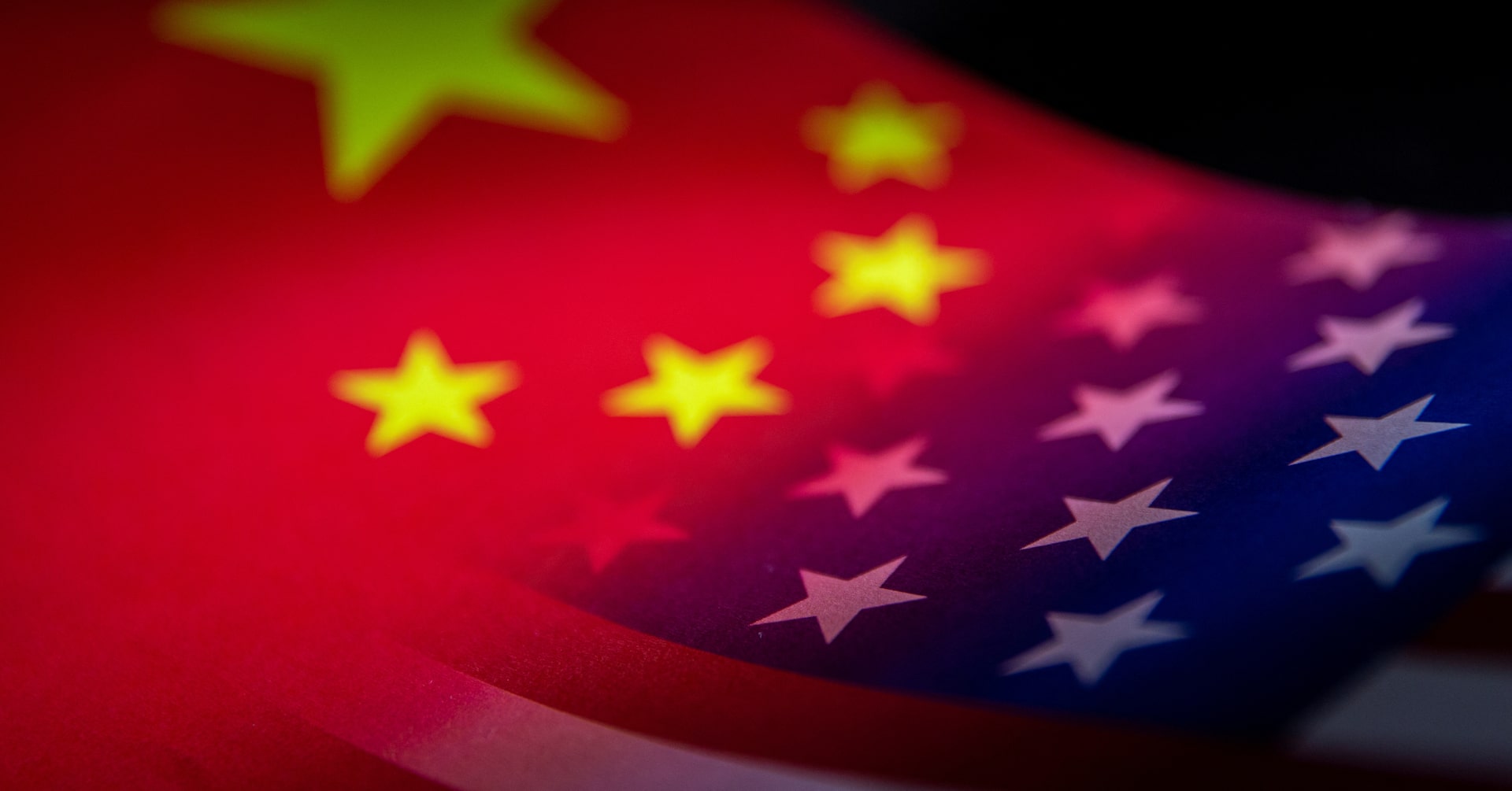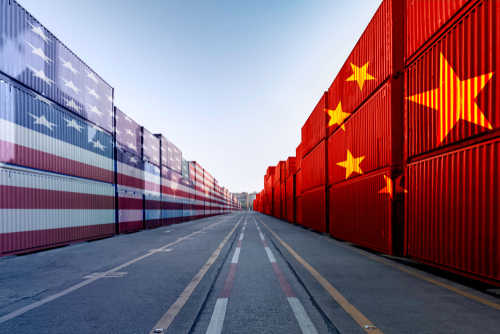Trade War Escalates: Beijing Blacklists US Firms in Retaliatory Export Crackdown
Companies
2025-04-09 11:31:11Content

In a significant escalation of trade tensions, China has taken decisive action against U.S. companies by expanding its export control and unreliable entities lists. The Chinese Ministry of Commerce announced on Wednesday that it would add 12 American firms to its export control roster and six companies to its unreliable entities list, with the new restrictions taking effect immediately on Thursday.
This move signals China's continued assertiveness in responding to what it perceives as economic pressures from the United States. By targeting these companies, Beijing aims to send a clear message about protecting its economic interests and retaliating against perceived trade barriers.
The expanded lists are expected to create additional challenges for U.S. businesses operating in or seeking to do business with China, potentially limiting their access to Chinese markets and supply chains. While specific details about the targeted companies were not immediately disclosed, the action underscores the ongoing complexity of U.S.-China economic relations.
Businesses and trade analysts will be closely monitoring the potential implications of these new restrictions in the coming days and weeks.
Trade Tensions Escalate: China's Strategic Countermove Against U.S. Tech Firms
In an unprecedented diplomatic maneuver, China has strategically positioned itself to challenge U.S. technological dominance by implementing targeted export controls and blacklisting specific American companies, signaling a complex geopolitical chess match with far-reaching economic implications.Navigating the Treacherous Waters of International Trade Warfare
The Geopolitical Landscape of Technology Restrictions
The contemporary global economic environment has transformed into a battlefield where technological supremacy determines national power. China's recent actions represent a calculated response to ongoing trade tensions, demonstrating its willingness to leverage regulatory mechanisms as a strategic tool. By meticulously selecting 12 U.S. companies for export control restrictions and identifying six entities as potentially unreliable, Beijing is sending a clear message about its technological sovereignty and economic independence. These targeted interventions are not merely punitive measures but sophisticated diplomatic signals. Each company added to these lists undergoes rigorous scrutiny, reflecting China's nuanced approach to managing international technological competition. The export control mechanism serves as a sophisticated instrument of economic diplomacy, allowing China to exert pressure without resorting to more aggressive confrontational strategies.Technological Sovereignty and Economic Strategy
The implementation of these restrictions reveals deeper geopolitical dynamics beyond surface-level trade disputes. China's commerce ministry is strategically positioning itself to protect domestic technological ecosystems while simultaneously challenging U.S. technological hegemony. By creating barriers and introducing uncertainty into international technology supply chains, Beijing aims to recalibrate global technological power dynamics. Each company targeted represents not just a corporate entity but a potential strategic vulnerability in the broader technological ecosystem. The selective approach demonstrates China's sophisticated understanding of technological interdependencies and its ability to surgically target specific sectors that might be most susceptible to economic pressure.Implications for Global Technology Ecosystems
The ripple effects of these restrictions extend far beyond immediate economic considerations. Multinational technology corporations must now navigate an increasingly complex regulatory landscape, reassessing their global strategies and potential vulnerabilities. The move signals a potential fragmentation of previously interconnected global technology supply chains, forcing companies to develop more resilient and diversified operational models. Technological firms will need to invest significantly in understanding and mitigating potential risks associated with these new restrictions. Compliance will become increasingly sophisticated, requiring advanced legal and strategic capabilities to successfully operate in this dynamic environment.Economic Diplomacy in the Digital Age
China's approach represents a sophisticated model of economic diplomacy, utilizing regulatory mechanisms as precision instruments of international negotiation. By carefully calibrating these restrictions, Beijing demonstrates its ability to exert economic influence without resorting to more confrontational diplomatic strategies. The targeted nature of these restrictions suggests a calculated approach, where each decision is meticulously evaluated for its potential strategic impact. This nuanced methodology distinguishes contemporary economic diplomacy from traditional, more blunt instruments of international economic engagement.Future Outlook and Strategic Considerations
As technological competition intensifies, these restrictions represent just one chapter in an ongoing narrative of global technological transformation. Companies and nations alike must develop adaptive strategies capable of responding to rapidly evolving geopolitical landscapes. The intricate dance of technological sovereignty continues, with each move carrying profound implications for international economic relationships. China's latest actions underscore the complex, multifaceted nature of contemporary global technological competition.RELATED NEWS
Companies

Massillon's Economic Triumph: How One City is Transforming Stark County's Future
2025-03-15 09:59:34







